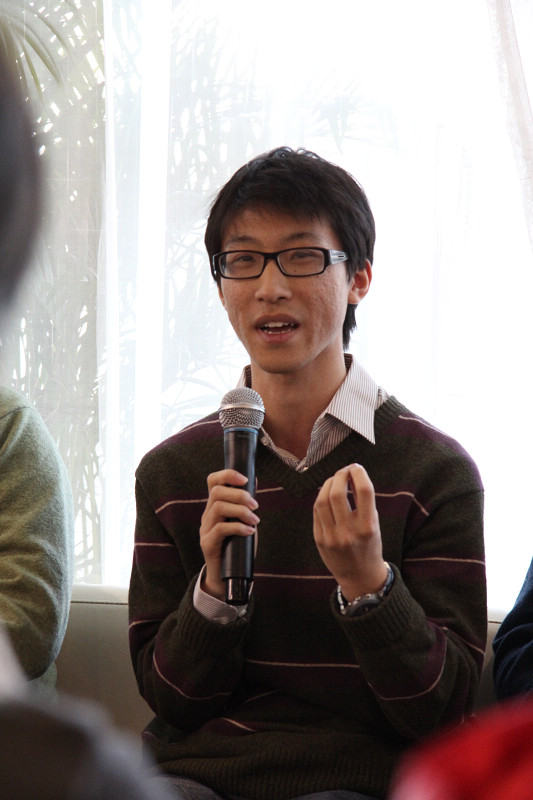
Yueran Zhang
I obtained my PhD in sociology from UC Berkeley in the spring of 2024. In July 2024, I will join the University of Chicago as an Assistant Professor of Sociology and the College.
A political and comparative-historical sociologist, I specialize in the comparative studies of capitalism(s), socialism(s), and transitions in between, with a special emphasis on political economy and the dynamics of development in the Global South. I am particularly intrigued by questions pertaining to the politics of class, (de)mobilization, democracy, production and social reproduction.
These general interests are encapsulated in my dissertation entitled "Whither Socialism? Workers’ Democracy and the Class Politics of China’s Post-Mao Transition to Capitalism". It provides a distinct class-based explanation of China’s transition from socialism to capitalism. Its overarching argument is that the way in which urban industrial workers –ideologically and rhetorically celebrated as the “leading class” of Chinese socialism – interacted with the Party-state in the late 1970s and throughout the 1980s was a crucial causal ingredient in the making of China’s transition to capitalism. More specifically, this dissertation argues that the patterns and modes of interaction between workers and the Party-state during this period shaped and derailed the Party leaders’ efforts to pursue incipient marketization within the parameters of socialism (i.e. to build “market socialism” in China). Whereas the post-Mao Party leadership turned to market socialism as a way out of the profound crisis of the late 1970s, the patterns and modes of interaction between urban industrial workers and the Party-state set off one crisis after another throughout the 1980s. China’s market socialism collapsed within a decade under the strain of these intensifying crisis cycles. It was only in the context of such derailment of China’s market socialism did a full-blown transition to capitalism become an appealing option for the ruling elite, which they relentlessly pursued in the 1990s.
Based on a wide range of historical source materials, my dissertation explicates this argument by tracing a series of political contestations and policy maneuvers centered on the issue of workplace democracy, along with their economic and political aftermaths, over China’s “long 1980s” (the period between the end of the Mao era in 1976 and the pro-democracy movements in 1989). These contestations and maneuvers played a pivotal role in shaping not only the trajectory of China’s enterprise reform, but also the fate of China’s socialist political economy more broadly.
My previous research uses the case of taxation on private homeownership as a lens to both make sense of a key moment - the "Chongqing Model" - in China's recent political history and advance a Bourdieusian state theory. It was published in Theory and Society and has won multiple paper awards from the American Sociological Association (ASA).